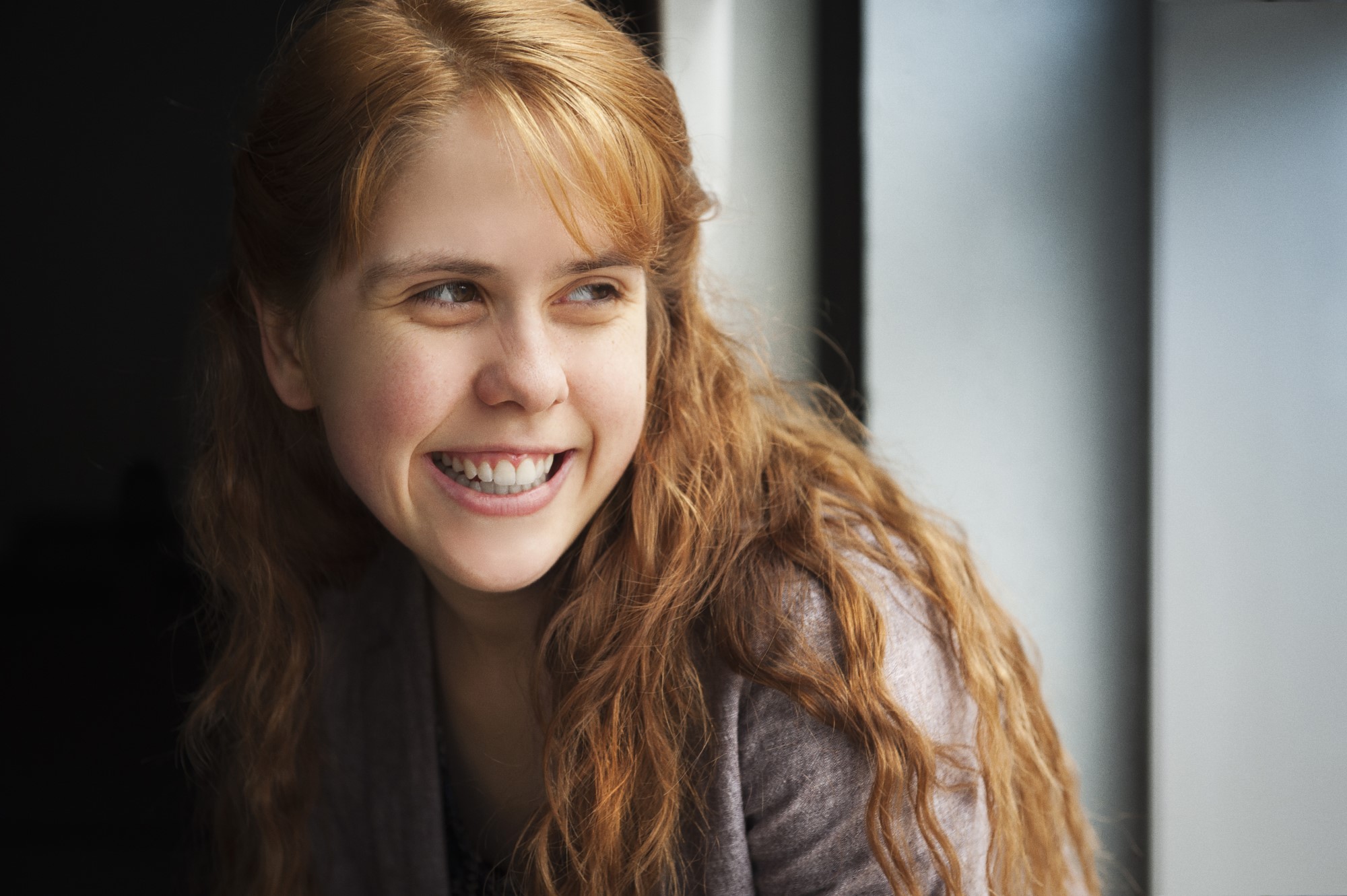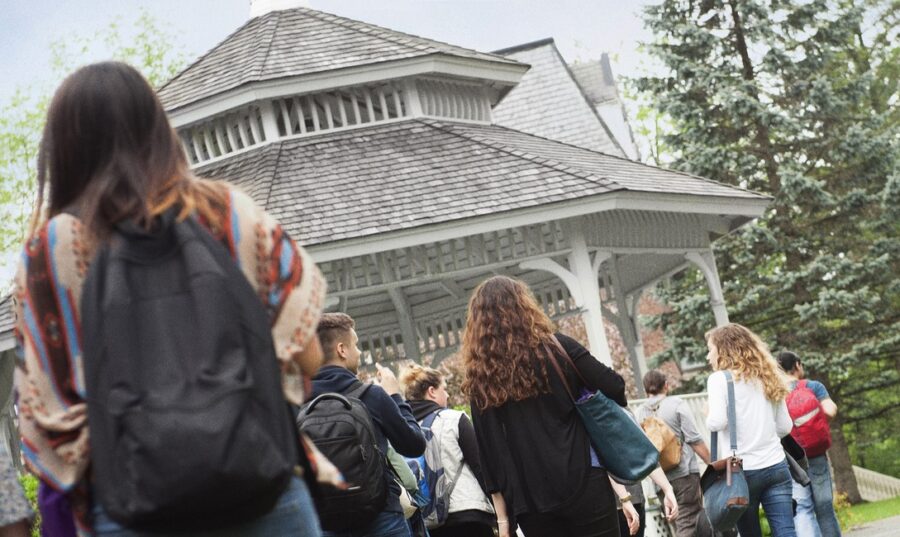Myriam Roy ’20 studied Applied Psychology at Bishop’s. In 2018, she was a recipient of the B.E.S.T. (Bishop’s Exceptional Student Talent) Project Fund, an award for students who display potential for significant achievement and impact after graduation. The Gatineau native is a dedicated volunteer and spoke with the Advancement Office in February about her B.E.S.T funded project in Togo, West Africa.

First, congratulations on the B.E.S.T award! It sounds as though it really opened some interesting doors for your studies.
Thank you! Having my B.E.S.T. Project approved was actually a very special moment for me. It marked the mid-point of my studies and happened at a point where I really wanted to start giving back in a concrete way. The best thing was that the funding opportunity didn’t have to be a cookie cutter mold, so I was able to build my own project into something that made sense and was meaningful to me.
You chose the Togolese Republic in West Africa as your research focus for the project. What was it about this country that caught your attention regarding mental health?
I had been to Togo before as a tourist and I knew that there were obstacles in delivering mental health support to the people there. In Togo, mental illness tends to be viewed as being tied to voodooism, which is perceived negatively by most individuals. Attributing that label to someone limits the chances of getting proper assessment and treatment, so there are many, many people living with untreated and undiagnosed mental health issues.
You spent two months working in collaboration with local medical professionals there, speaking with children and youth about the importance of maintaining mental health and visiting hospitals. Did you see any evolution in the prevailing attitude towards mental illness?
A new treatment facility had recently been built when I arrived in Togo. Fortunately, the approach to treating mental illness is a little different in that region because it focuses much more on community reintegration. They use prescription drugs and therapy, but the patient’s family is also included in a very active way. If you have lost touch with your family as a result of your mental illness, the centre will work to find your mother, your sister or whoever and bring them to be part of your recovery. They’ll live with you, rebuilding relationships and trust, and then reintegrate you into society. It’s very much about breaking stigma towards the idea of curses and spiritual causes while working to bring people back into the community.
It sounds like a very different mental health landscape than what we’re used to here in Canada, where services are more readily accessed with less (though still present) stigma.
It was, and certain cultural differences surfaced that I didn’t perceive as a tourist. Their administrative approach is quite formal and there are very few psychologists. It’s expensive and it’s very underserviced, so these are new concepts for many people there. One woman was able to identify that what she had been struggling with was a mental illness. Medical doctors hadn’t been able to give her explanations for her symptoms. Through our presentation she was able to identify this, and we were able to connect her with a mental health professional to get a diagnosis and treatment.
Our team wasn’t just there to provide information. We helped people build exercises and activities that they would be able to use after we left. Sometimes you don’t necessarily see big results, but if you can help even one person with a real need you can impact not only their life but the community as well. It’s a ripple effect.
You just graduated from Bishop’s. What lies ahead for you?
Has it been four years already? I’ve had such a positive experience here, working with mentors like Dr. Suzanne Hood and Dr. Stine Linden-Andersen. You know, I didn’t really apply for many universities after visiting Bishop’s. I was just sold instantly. Now I’ve applied to go on to my Master’s degree in Clinical Psychology, with the end goal being private practice. But I plan to continue with local and international community work. It’s important to me to feel as though I’m giving something back.
To learn more about the B.E.S.T. project fund: https://www.ubishops.ca/best
To read the latest edition of the Alumni Magazine: https://alumni.ubishops.ca/




